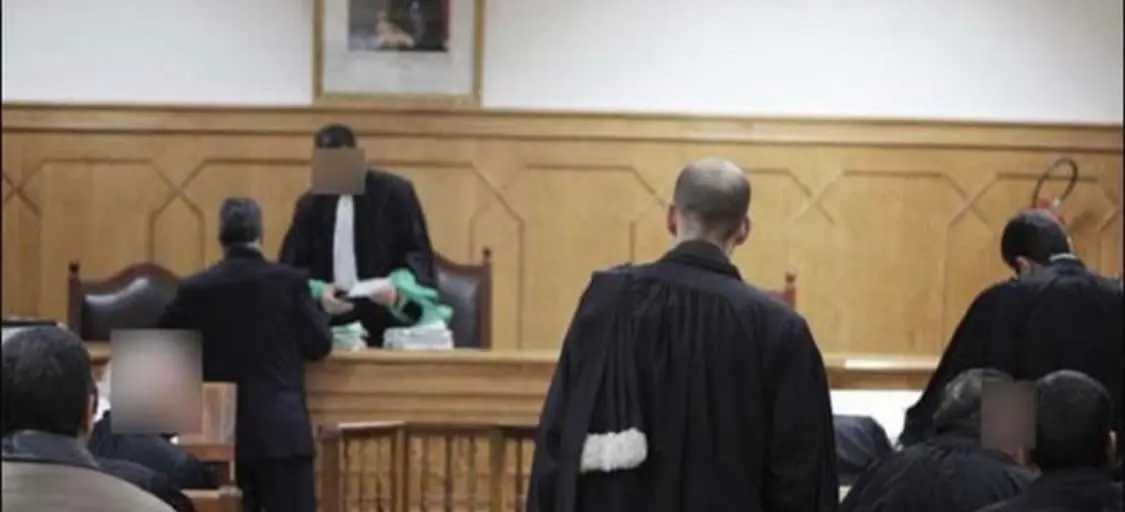It is not a question of whether a revolution will happen in the future. That is a question history has answered many times before, and it is always a yes. Wherever, and whenever, there is authority and oppression, there is a revolt against people in power. It’s a cycle that keeps repeating itself no matter who is governing and who is governed. A revolution is unavoidable and bound to happen so that a society can evolve as a whole.
The question, however, is whether the revolution is going to be smooth. To answer that is to uncover the most disturbing facts about the society in question. First, the majority is not well educated. The percentage of illiteracy is high, and those who are educated are not taught to think, but to repeat. Second, the poor and the middle class are almost indistinguishable, while the high class is showcasing excessive abuse of power, and their wealth has become common knowledge. Third, there is a paradox in the behavior and attitudes of the youth. It is well known that the majority of youth aged between 15 and 35 act as freely as they wish in society in accordance with the liberal views of the west. Yet, when voicing their opinions, they showcase very conservative attitudes. Fourth, there is an inter generational cultural shock. On the one hand, the eldest are mostly believers in the absolute rulings of the religion and the purity of the king, and those are essential representatives of their cultural values. The youth, on the other hand, are more inclined to criticize all authority figures, including religion; an inclination caused by the westernization of the Arab world. The differences do not end there, and they are sure to cause a separation in the lines of protesters.
All things considered, the society is in disagreement within itself. It is very likely that the individuals would join hands to overthrow their oppressors. However, the transition from the state of chaos, caused by such revolution, to the state of calm, post-revolution, is going to be very hard. None of the society’s groups seem to agree remotely with one another. Still, they all wish for control over the power so they can rule “democratically”. Therefore, unless there are major compromises, any revolution is undoubtedly going to put the country in ruins for a much stretched period of time. Any hope for change toward a better future, hence, should start by an elimination of social disagreements, to replace it with an understanding of the differences that exist within. Then, and only then, should society move to the next goal, peaceful demands for their rights.
It is by no means a good idea to want uncontrollable riots in all the country. However, it would be ignorant to assume that all protests would be peaceful. Any trigger, whether it comes from the use of power to suppress the protesters or disapproval on the chanted slogans, can cause a number of people to react violently toward either- and maybe both- authority and/or other groups. There is no controlling of the masses once they are set off. It would be better not to have tensions, neither high or low, running among the protesters. The authority should understand that any abuse of power, intentional or defensive, would set off the people to use violence too.
It is also possible to move to the next step, i.e. attaining the changes asked for, without bloodshed. Though it would not be called a revolution then, this move requires that the authority resigns from power, handing it back to the people. However, without a clear leader that the huge majority of people elect to government, chaos would erupt as soon as they show a sign of weakness. Whoever it is, the leader should show no signs of sympathy toward those who abused their power, and those who are going to abuse their power. They are, also, supposed to show the same amount of respect and interest in the rights of all groups, as small minorities as they are. The task of governing angry but hopeful citizens is not easy. In fact, it is as hard as they come.
As far as policy is concerned, anyone who expects immediate change is simply ignorant. Any rush move could cause an economic crisis as no one actually knows how the system works from within. Change should be expected within a year or two, with consistent transparency from the new government side. The average citizen is not supposed to understand everything about politics and economy, but they still expect to be told things that need to be known. Hinting to people that there is something big which they cannot fathom, and therefore should do as they are told, is one good way for the new leader to lose power. The government would certainly be appreciated if it allowed people the maximum amount of transparency, making them realize the depth of the problem and engaging them in finding a solution.
To keep the new government in check, there should be a powerful opposition that represents the people just as good as the government tries to. If the opposition is weak or is intentionally objecting the government’s plans, then the revolution would be for nothing. The opposition should be strong but objective. Any opposition to the newly elected government should be strictly favoring the people. Pointing out that such plans are there to enrich officials over the citizens is exactly the duty of the opposition. This system would allow and encourage parties, both government and opposition, to be straightforward and transparent with their base and the country’s citizens.
Understandably, a revolution is scary to many people. It has the potential to shake, overthrow, and eliminate what many consider the reason for stability. Leaders of movements should realize that as well, and plan as not to be vindictive. If put into a survey, it is probable that the majority would not want to shame and blame religion, as it is considered one of the most important aspects of the safety and stability enjoyed at the moment. The majority would also disapprove of overthrowing the King, as he is one of the country’s most respected pillars. When leaders move forward in accordance with what the majority deems untouchable, they would be more likely to have an army ready to fight until the end.
It is hard not to foresee a possible revolution with all what’s happening. It is just as hard not to admit the implications of such a revolution. However, rights are rights. One should not allow one’s fear of instability destroy the hope of a better future. Yet, one should also not revolt without understanding the aims and consequences of such rebelliousness. It is imperative that all groups understand the power in their hands; and therefore, assume the responsibility of using it correctly. Leaders should avoid entering their followers into unnecessary clashes between groups, as they are not the enemy. If a revolution succeeds, a newly elected government and an opposition are bound to a maximum transparency toward the citizens. The latter should understand that change is not immediate; rather, they should let things work out. These are the most important highlights of any future revolution, wherever it may take place, especially in Morocco.






